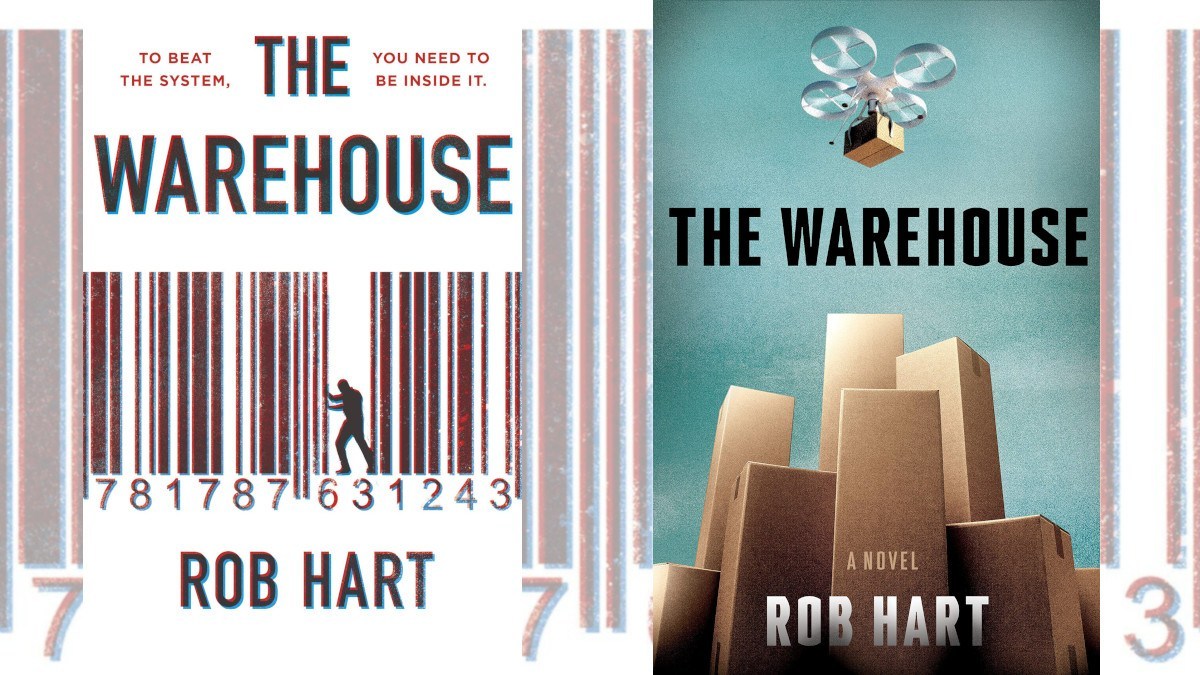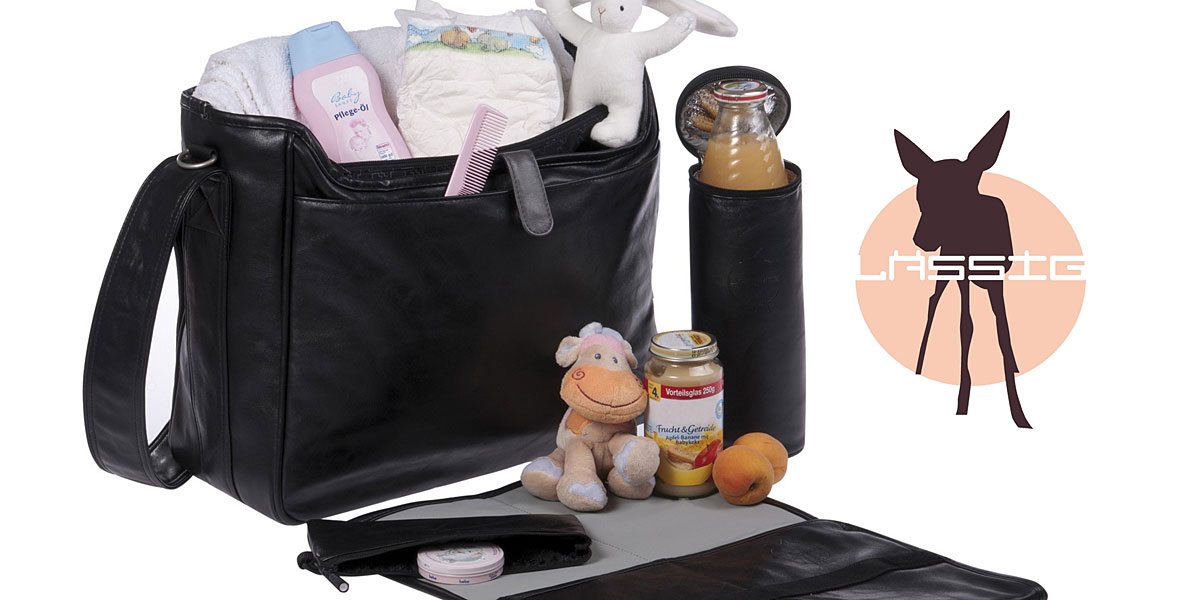
When does convenience become inconvenient? What is the human cost of huge internet-based corporations? Do tech-companies really have our interests at heart? Questions posed and debated in Rob Hart’s The Warehouse. GeekDad’s Jonathan Liu mentioned The Warehouse in a recent Stack Overflow column. I think he and I are broadly on the same page about the book. It’s not perfect, but it’s both readable and thought-provoking.
Here are 5 reasons why you should read The Warehouse.
1. The Premise.
The book is set in the US somewhen in the near future. After “The Black Friday Massacres,” shopping in traditional retail outlets dwindled to nothing. This, combined with the refining of a drone delivery service, has propelled “The Cloud” to becoming the world’s largest store. With parallels to Amazon, The Cloud has diversified into all areas of society. We discover a short way into the book, that it even has influence over worker legislation.
Gibson Wells (who narrates sections of the book) created his company out of nothing. He saw an opportunity, made his idea work and grafted hard to get himself into the position he’s in now. Did he go too far? Is he exploitative? Or is The Cloud’s model just a further example of capitalist evolution? Does Wells, as he says, have America and its workers best interests at heart or does he just want to make money?
2. The Setting.
The novel is mostly set inside a Cloud compound. Which is like a giant Amazon fulfillment center, only with living space added. Nobody working there ever needs to leave and people only enter on specific days when new recruits are taken on. It’s meant to be a Utopia, but the crux of the book, of course, relies on The Cloud being a dystopia.
Whilst on the surface things look shiny and glossy, it doesn’t take long for aspects of The Cloud to take sinister overtones. Workers always wearing specific colored uniforms, cramped living conditions, a pay system that pays in credits that don’t quite correlate 1:1 with the dollar. Bands that must be worn at all times that track your position. Safety measures no one has time to use and a constant star rating system, where hitting one star means you’re immediately terminated (contractually, not physically). All this and more gives the reader a sense of unease.
Yet, the world outside The Cloud is even harder. What exactly will humans put up with for a semblance of job security?
3. The Structure.
The novel has a strong structure. It mostly follows two accounts from two new recruits Paxton and Zinnia. Their stories alternate, intersect, and occasionally overlap. I liked how we got to see the same event from two different perspectives, almost in real-time. It gives the novel an immediacy and the reader a position of omnipotence.
Paxton is assigned the security detail and Zinnia has a hidden, less than honest, agenda. Whilst we like both these characters, they have opposing agendas. Will one thwart the other? This conflict gives the novel additional frisson, especially as we get to watch events from both sets of eyes.
Interspersed irregularly throughout are blog entries from Gibson Wells, owner of The Cloud and soon to be deceased through a terminal illness. Through his personal testimony, we can try to glean what sort of man he is and whether the ruthlessness of The Cloud is thanks to intelligent design or a more organic evolutionary process. Do capitalist machines build themselves through the laws of unintended consequences?
4. The Moral Debate.
The morals and ethics of modern internet companies are up for debate throughout the novel. These glowing, minimalist idea factories are always perceived as benevolent, but their primary function is to make money. How they do this could and should make us uncomfortable. (A similar theme is explored in The Great Hack on Netflix.)
The book is dedicated to Maria Fernandes, who died trying to hold down three shifts at different Dunkin Donuts locations in New Jersey. The Cloud examines corporate responsibility to its workers and the hidden costs of lower prices and customer service efficiency. Like Dunkin Donuts and many other real-world companies, the CEO of The Cloud is worth a staggering amount of money, whilst his employees’ living conditions are barely sustainable. As the novel progresses, a shocking, not particularly subtle metaphor for employee conditions reveals itself. It’s a little heavy-handed but nevertheless makes an important point.
Harris says in his afterword:
“Corporations treat workers like disposable products. And I don’t know which is worse: that we’ve been gaslighted into believing this is okay – that even if your job is terrible you should be thankful because at least you have one. Or, that we’ve all bought into the system.”
“We’ve collectively decided that our own comfort is more important than someone else’s discomfort.”
These two observations form the crux of the antagonism in the novel. Convenience, but at what cost?
5. The Story.
The Warehouse is much more than its moral and ethical stance. The central story is strong. There is clearly a secret at the heart of The Cloud and Rob Hart makes us want to know what it is. The book demands to be read as Zinnia and Paxton circle around each other, gradually homing in on the truth.
The story is compelling and delivers a satisfying pay-off whilst remaining true to the moral conundrum it poses.
The TL;DR.
The Warehouse is a modern dystopia that looks at the supposed Utopian vision of large tech companies. With an interesting structure and compelling characters, it delivers a satisfying story whilst posing important questions about the way we shop, employee rights, and whether the big companies we trust with everything from essentials to entertainment, really have our best interests at heart.
If you enjoyed this book do check out my other 5 Reasons to Read reviews.
You can pick up a copy of the book here, in the US and here, in the UK.




